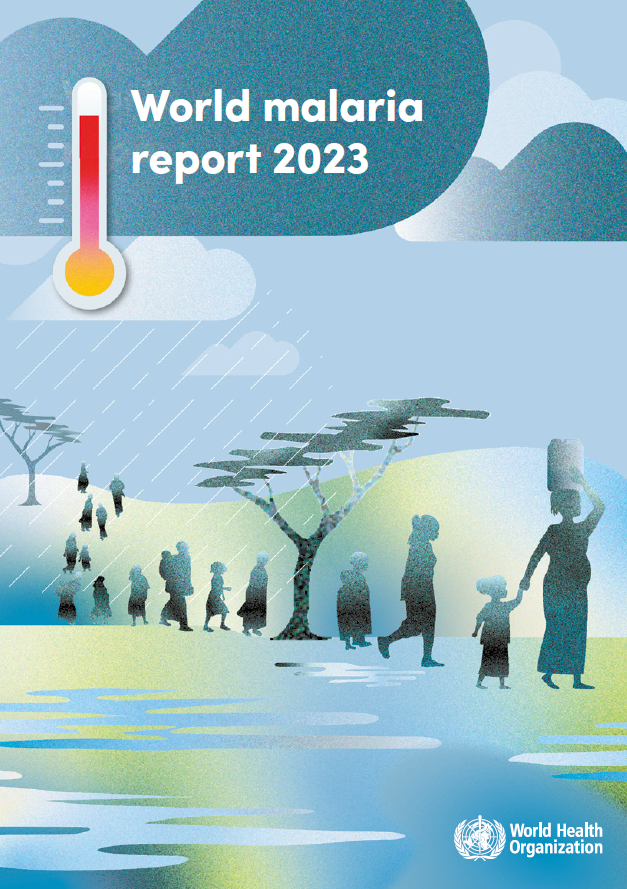Last Updated: 17/12/2024
Rice intensification: could climate change interventions help African malaria elimination?
Objectives
This project will develop field trials to integrate the water management approaches in rice intensification areas of West and East Africa, to understand if there are water management methods that optimize both climate change and health co-benefits in a particular context. This will then generate tools to evaluate potential health impacts and climate change implications of different rice intensification schemes in Africa.
London School of Hygiene and Tropical Medicine (LSHTM), United Kingdom
This project will address all three themes of this call by exploring a technology that could generate substantial health co-benefits from actions to address climate change mitigation and adaptation in agriculture, generating a new tool and inter-sectoral resources to support research on climate change and health. In Africa, rice is a rapidly intensifying agricultural crop, driven by a dramatic growth in consumer demand. As a preferred breeding site for mosquito vectors of malaria, its continent-wide intensification is likely to slow progress towards malaria control and elimination. As a major agricultural user of water and generator of methane, its intensification poses a challenge to African climate change mitigation and adaptation efforts. Public health and agricultural research have separately developed novel water management methods to address vector production and climate change effects, respectively. These are similar, but have never been compared.
Jul 2019 — Aug 2022
$638,135


